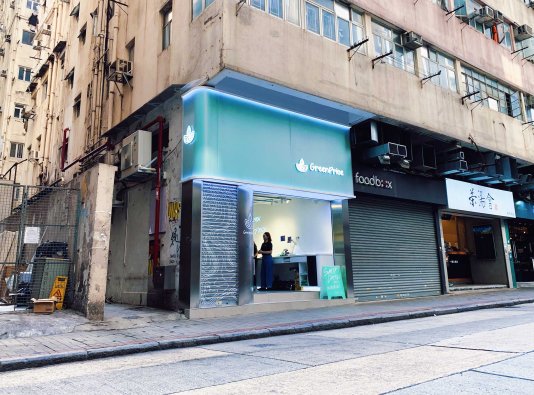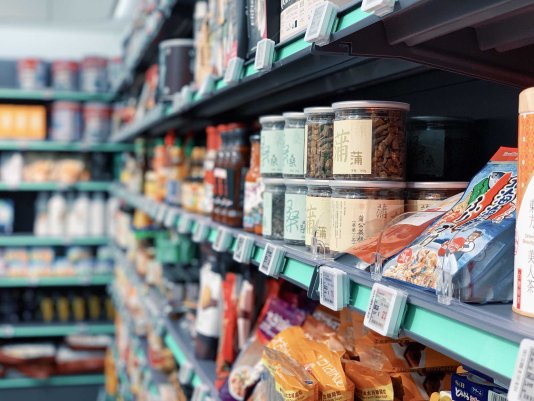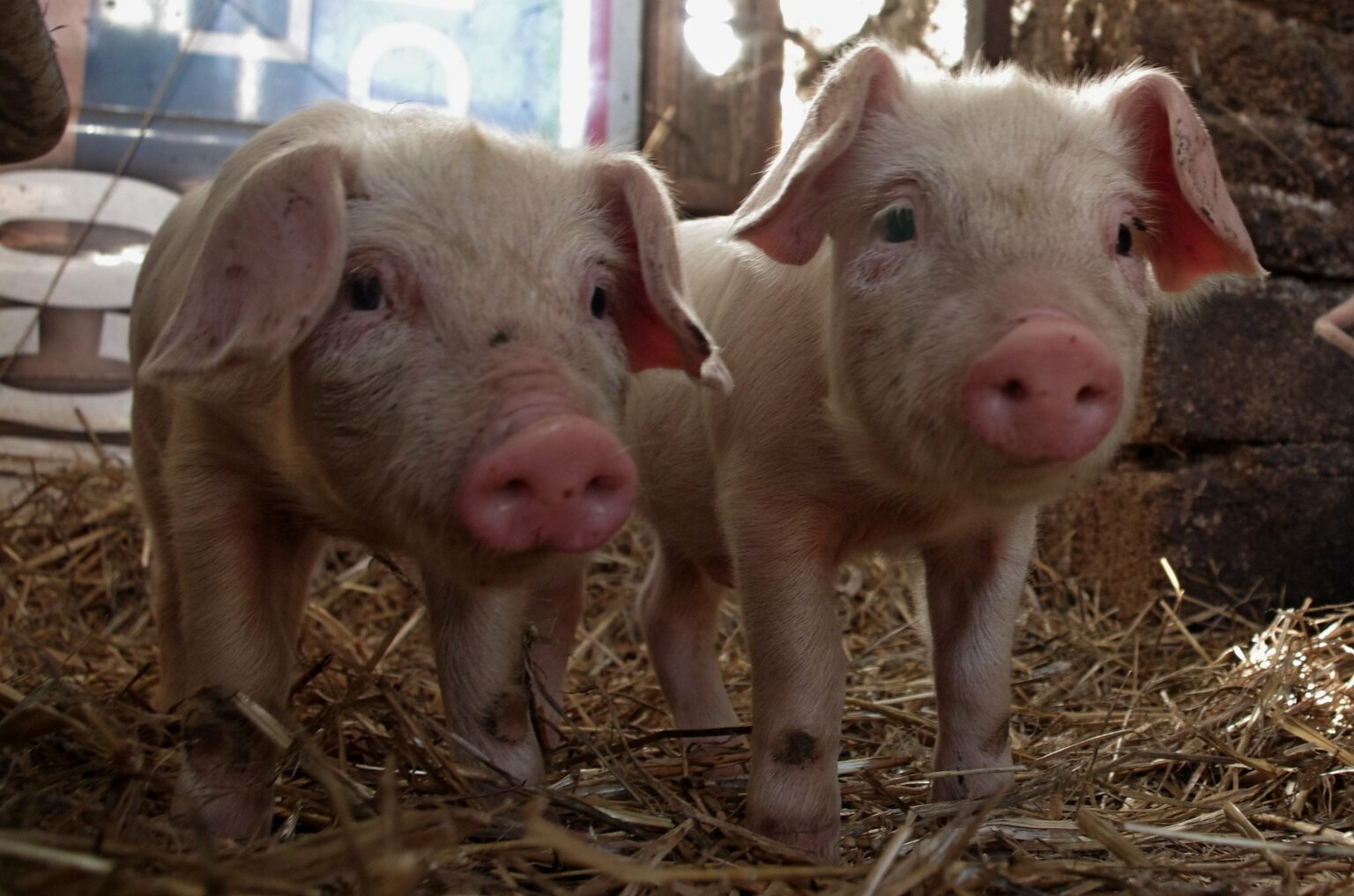- About
- Topics
- Picks
- Audio
- Story
- In-Depth
- Opinion
- News
- Donate
-
Signup for our newsletterOur Editors' Best Picks.Send
Read, Debate: Engage.
| January 02, 2023 | |
|---|---|
| topic: | Pollution |
| tags: | #Hong Kong, #food waste, #methane, #global-warming |
| located: | Hong Kong |
| by: | Angeline Foo |
For seven years, waste reduction at the source was the guiding principle of GreenPrice (Hong Kong) Limited - a local social enterprise.
Ninety to ninety-five percent of food and beverage products entering Hong Kong are exempt from duty payment. The only exceptions are liquors, tobacco, hydrocarbon oil and methyl alcohol. In 2021, Hong Kong's retail food sector sales volume was worth USD 12 billion, despite a 5 percent decline.
GreenPrice said it has saved 1.61 million food products, which would otherwise end up in landfills.
"We source products from around the world. In certain countries, it's not legal to sell products that have passed their best-before dates," GreenPrice’s co-founder, Terence Hon, told FairPlanet.
"Hong Kong has a unique advantage in this aspect ," Hon added, "because we follow the European Food Labelling Systems, making it legal for us to sell grocery items that have passed or nearing the best-before dates."
What initially started out as a university project had turned out to be a winning entry in a competition and, eventually, a calling. It was also during these early days when Hon worked purely on a voluntary basis that he discovered the existence of short-dated stocks.
Based on the time-sensitive nature of 70 percent of its inventory, technology is utilised to help in GreenPrice’s mission of retailing food out to the masses before it is wasted. "We also deploy some digital price tags, which display product price in real-time, and inform customers whether the products have passed, or not yet passed, the best-before dates," Hon said.
"We only retail stocks which have passed the best-before dates for up to 3 months," he added. "Our European counterparts may retail products which have expiry dates for up to 1 year. Three months is the period that we have determined is a good time and a good deal for our customers.
"They would come into the stores solely for the purpose of saving food from landfills. In return, we offer a very attractive price point."
Hon said that the chain offers the products close to their expiry dates at 50 percent discount.
Asia has some of the highest per capita densities in the world, and a higher population often means more waste. Today, even well-structured societies with prosperous governments such as Hong Kong are grappling with a swelling waste problem, with food waste constituting the biggest culprit.
Each day, Hong Kong generates an estimated 3,255 tonnes of food waste, which amounts to over 1 million tonnes of food waste per year.
The Environmental Protection Department (EPD) revealed that one-third of Hong Kong's daily total municipal solid waste consisted of food waste, but only 4 percent of food waste is being recycled. The remaining waste is disposed of at designated landfills along with other municipal solid waste.
The eventual decomposition process of unrecycled organic matter takes over and releases methane, subjecting the immediate environment to a type of greenhouse gas with an accumulation effect over a 20-year period making it 80 times more potent at increasing global warming than carbon dioxide, according to a joint study released in 2021 by the Climate and Clean Air Coalition (CCAC) and the United Nations Environment Programme.
The assessment also reported that the fossil fuels, landfills and waste and agriculture (mainly livestock-related) sectors are generating the largest amount of human-induced methane. It also found that landfills and wastewater generate up to 20 percent of total methane emissions.
In Hong Kong, the rate in which waste is being disposed is faster than the population is increasing. According to Waste Statistics for 2020, the per capita municipal solid waste disposal rate per day stood at a high of 1.44 kg.
A 2021 Population Census reported that the average annual growth rate of the population has only risen 0.2 percent in five years. The latest figures released by the Census and Statistics Department show a 1.6 percent decrease in the population count from 7.41 million to 7.29 million in mid-2021 and mid-2022.
Proper waste management at all levels is deemed to not only be key for the city to remain sustainable and livable for the over 7.5 million people that populate it; its wider implication is in cutting down methane, as methane dissipates within a decade from the atmosphere, whereas carbon dioxide takes thousands of years to evaporate.
Operating since July 2018, O·PARK1, or Organic Resources Recovery Centre First Phase, has been receiving and processing food waste from the commercial and industrial sectors. The plant itself operates by harnessing an advanced built-in technology called anaerobic digestion, which refers to the process whereby oxygen-deprived biodegradable material is gradually reduced by microorganisms.
Every day, O·PARK1 has the capacity to convert 200 tonnes of food waste into enough electricity, up to 14 million kWh every year, enough to power up 3,000 households in the city.
In August 2021, the Hong Kong Legislative Council finally passed a bill to announce a municipal solid waste-charging scheme. The waste-charging scheme will work by charging based on the volume of waste disposed.
There are two charging modes: through the purchases of either garbage bags set at $0.11 per piece or designated labels at a fee of $11 a piece - to a proposed gate-fee.
The scheme, however, has yet to be implemented and its effects remain to be seen.
By copying the embed code below, you agree to adhere to our republishing guidelines.



